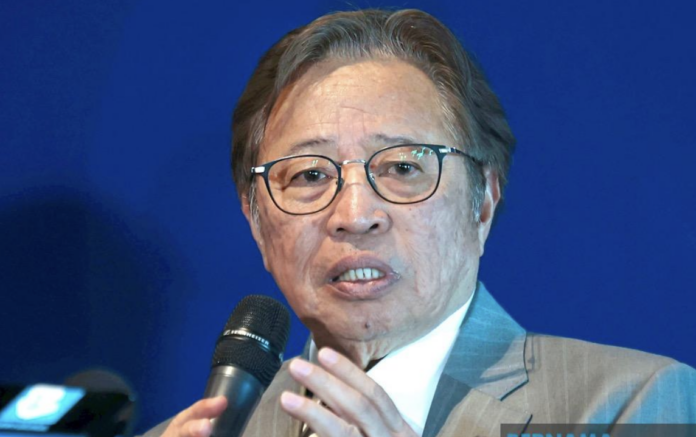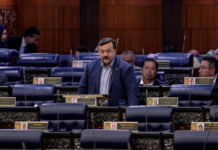BANGKOK, May 17 – Sarawak is engaging with credible international organisations and the World Bank before finalising the state’s carbon trade protocol.
Sarawak Premier Tan Sri Abang Johari Tun Openg said carbon trading is still new and the state is exploring all legal parameters.
“We are engaging with credible international organisation, guided by the World Bank, as the policy needs to be consistent with the Sustainable Development Goal,” he told a group of foreign press here on Friday.
Abang Johari said the carbon trading protocol must be credible and recognised by the international community and the state law is based on what has been recommended by the World Bank.
Earlier, he delivered his keynote address at the Future Energy Asia Exhibition 2024 at Queen Sirikit National Convention Centre.
Abang Johari said there must be legal parameters in order for the country to get involved in global trade on carbon, as well as a desire to mitigate its emission.
“I think the players in this sector must have a consensus in establishing a globally accepted protocol. For Sarawak, we will follow whatever that is accepted by the world,” he said.
During his keynote address, Abang Johari highlighted that Sarawak is committed to pioneering innovative solutions that not only power the state economy but also safeguard its environment for generations to come.
He said the Sarawak Economic Development Corporation (SEDC) Energy is positioning the state at the forefront of the hydrogen economy, setting a new standard for sustainable energy in Malaysia and Southeast Asia.
“Our vision is to make hydrogen readily accessible across Sarawak. These stations will not only serve as refuelling hubs for hydrogen vehicles but they will also symbolise our unwavering commitment to clean, efficient and sustainable transportation,” he said.
Abang Johari said hydrogen is not merely a fuel, it is also a catalyst for a greener, more resilient Sarawak.
“By embracing hydrogen, we are not only diversifying our energy mix but also unlocking a world of possibilities for economic growth, job creation, and environmental stewardship.”
















